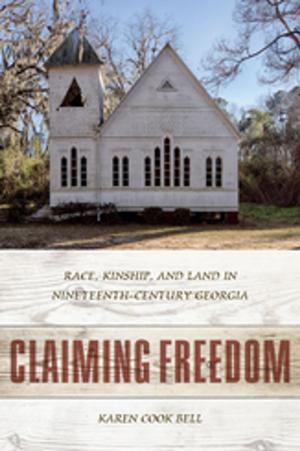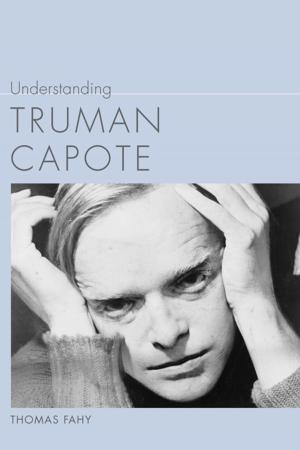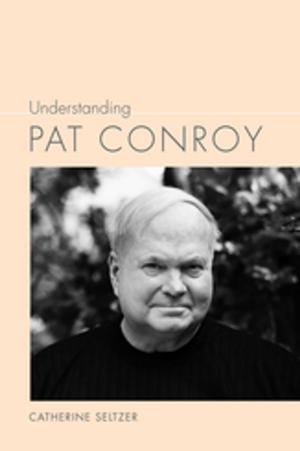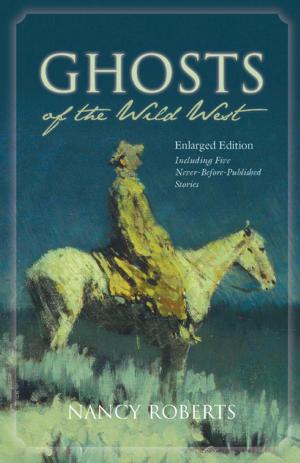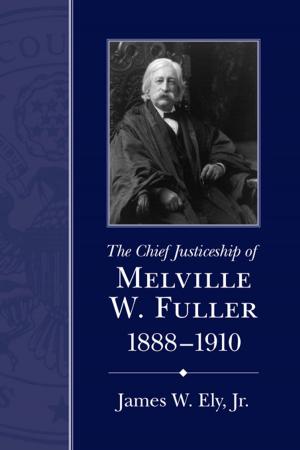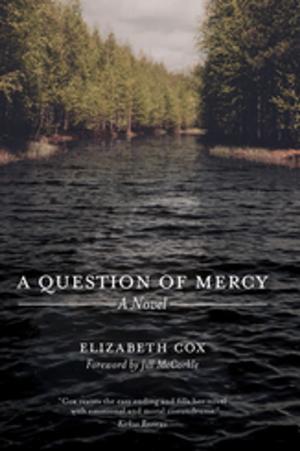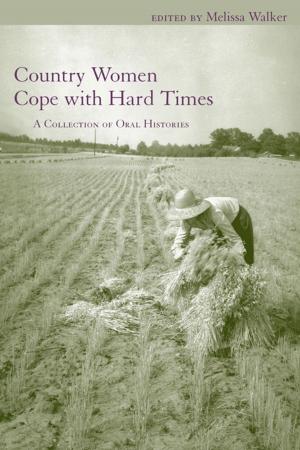| Author: | Charles Hudson | ISBN: | 9781611173888 |
| Publisher: | University of South Carolina Press | Publication: | October 7, 2014 |
| Imprint: | University of South Carolina Press | Language: | English |
| Author: | Charles Hudson |
| ISBN: | 9781611173888 |
| Publisher: | University of South Carolina Press |
| Publication: | October 7, 2014 |
| Imprint: | University of South Carolina Press |
| Language: | English |
Vividly set in the rich pluralistic culture and primeval landscape of colonial South Carolina, this historical novel brings to life, and back into our memory, the birth of free-range cattle herding that would later come to be associated exclusively with the American West. Drawing on his accomplished career as a leading scholar of the anthropology and history of the early South, Charles Hudson weaves a compelling tale of adventure and love in the colorful tapestry of Charles Town taverns, backcountry trails, pinewoods cattle ranges, hidden villages of remnant native peoples, river highways, rice plantations, and more. Hudson’s narrative revolves around William MacGregor, a young Scottish immigrant trying to establish himself in the New World. A lover of philosophy and Shakespeare, William is penniless, which leads him to take work as a cow-hunter (colonial cowboy) for a pinder (colonial rancher) of a cowpen (colonial ranch) in the Carolina backcountry. The pinder, an older man with three daughters, sees his world unraveling as he ages. The parallel to King Lear does not escape William, who gets caught up in the family drama as he falls in love with the pinder’s youngest daughter. Except for the boss of his crew, who is the pinder’s son-in-law, William’s fellow cow-hunters are slaves: an old Indian captured in Spanish Florida, a Fulani captured in Africa, and two brothers, half-Indian and half-African, who were born into slavery in the New World. A rogue bull adds a chilling element of danger, and the romance is complicated by a rivalry with a wealthy rice planter’s son. William struggles to salvage something from the increasingly disastrous situation, and the King Lear–like dissolution of the cowpen proceeds apace as the story heads toward its conclusion.
Vividly set in the rich pluralistic culture and primeval landscape of colonial South Carolina, this historical novel brings to life, and back into our memory, the birth of free-range cattle herding that would later come to be associated exclusively with the American West. Drawing on his accomplished career as a leading scholar of the anthropology and history of the early South, Charles Hudson weaves a compelling tale of adventure and love in the colorful tapestry of Charles Town taverns, backcountry trails, pinewoods cattle ranges, hidden villages of remnant native peoples, river highways, rice plantations, and more. Hudson’s narrative revolves around William MacGregor, a young Scottish immigrant trying to establish himself in the New World. A lover of philosophy and Shakespeare, William is penniless, which leads him to take work as a cow-hunter (colonial cowboy) for a pinder (colonial rancher) of a cowpen (colonial ranch) in the Carolina backcountry. The pinder, an older man with three daughters, sees his world unraveling as he ages. The parallel to King Lear does not escape William, who gets caught up in the family drama as he falls in love with the pinder’s youngest daughter. Except for the boss of his crew, who is the pinder’s son-in-law, William’s fellow cow-hunters are slaves: an old Indian captured in Spanish Florida, a Fulani captured in Africa, and two brothers, half-Indian and half-African, who were born into slavery in the New World. A rogue bull adds a chilling element of danger, and the romance is complicated by a rivalry with a wealthy rice planter’s son. William struggles to salvage something from the increasingly disastrous situation, and the King Lear–like dissolution of the cowpen proceeds apace as the story heads toward its conclusion.

